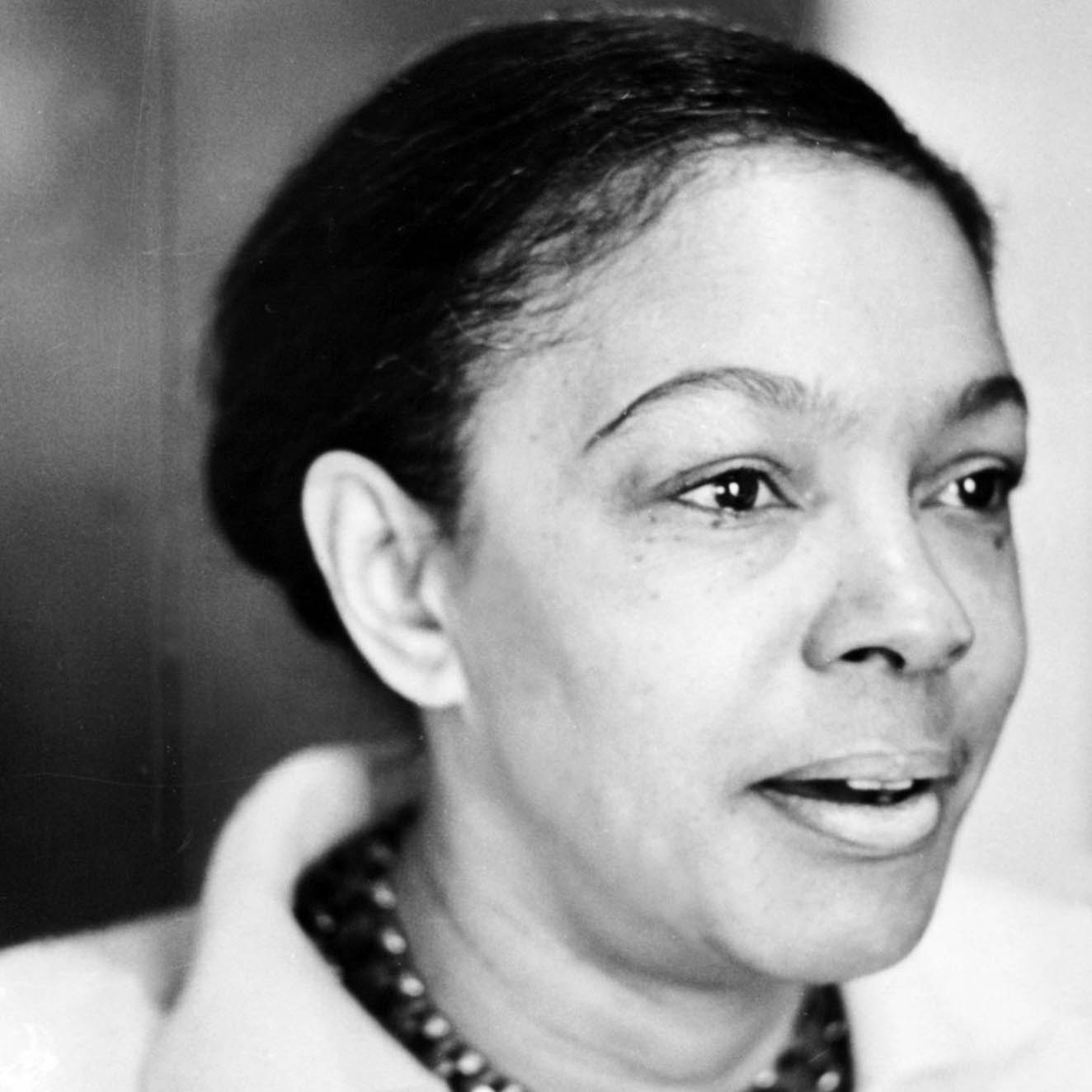Mamie Phipps Clark (1917-1983)
Anita Debro
Born in Hot Springs, Ark., in 1917, Mamie Phipps Clark received bachelor’s and master’s degrees from Howard University. It was at Howard University that she met her husband, Kenneth Clark, who convinced her to pursue psychology instead of mathematics. Mamie’s Clark’s master thesis, “The Development of Consciousness of Self in Negro Pre-School Children," formed the early basis for the famous doll studies, which looked at the black child’s self-perception. The study proved to be an integral part of Brown vs. Board of Education, the 1954 court cast that ruled segregation in public schools unconstitutional. Bolstered by her graduate studies at Howard, Clark went to work for civil rights lawyer Charles Houston. There she met future Supreme Court Justice Thurgood Marshall and many others who had begun fighting segregation with the law.
Clark held on to her legal connections, but decided she would further her education and entered Columbia University. Upon receiving her doctorate, Clark faced difficulty finding work as a psychologist in the early 1940s. After years of searching, she would come to work for the Riverdale Home for Children in New York, where she conducted psychological experiments and counseled black children. From that experience, Mamie Clark found her calling.
In February 1946, she and her husband opened the doors of The Northside Center for Child Development in Harlem. She created Northside in response to the city's lack of social services for minority children and it soon became one of the few places to offer psychological services to poor minority children. While both Clarks founded the center, Mamie Clark was its engine. She would spend the rest of her career —33 more years— at Northside Center for Child Development.
